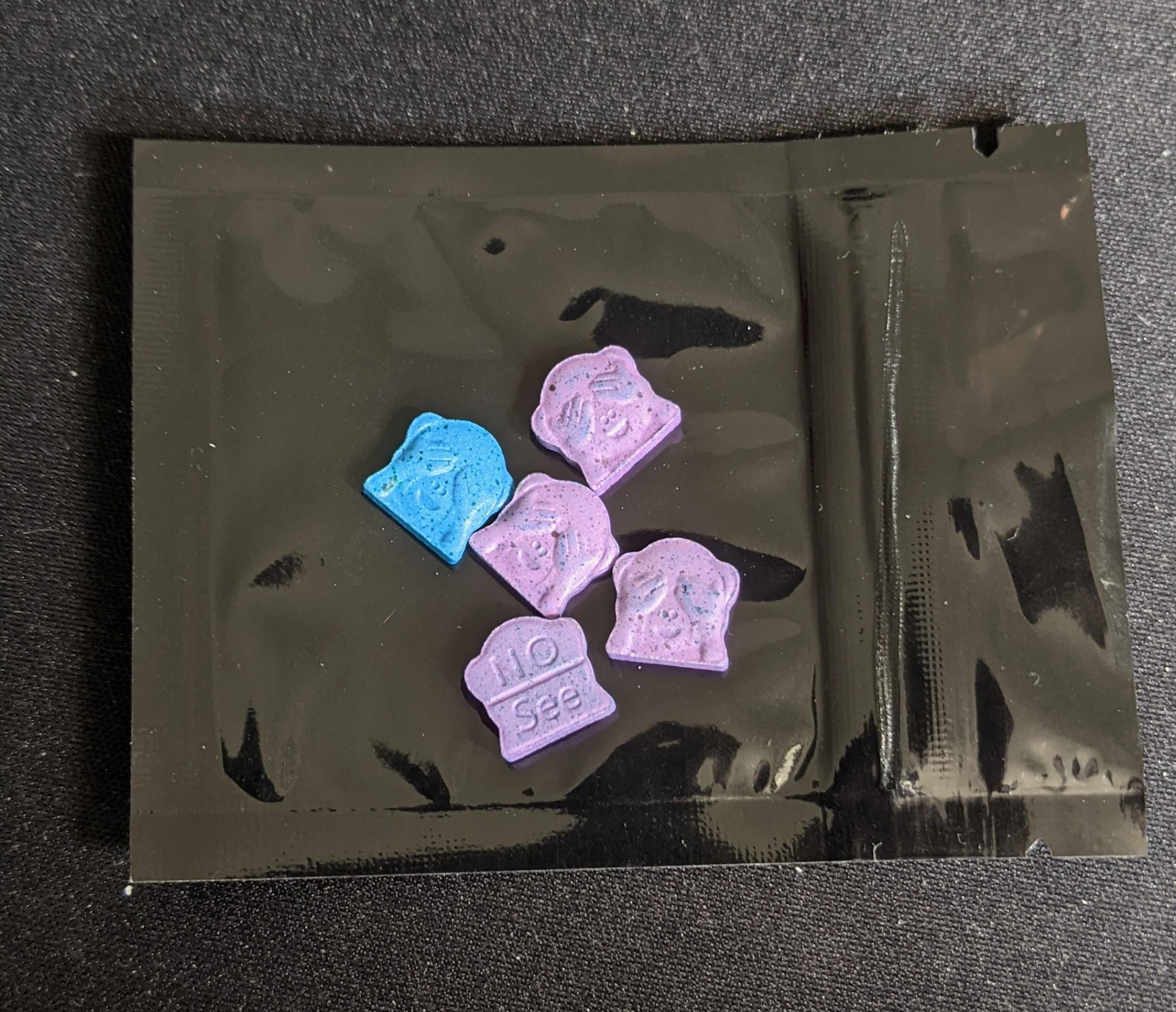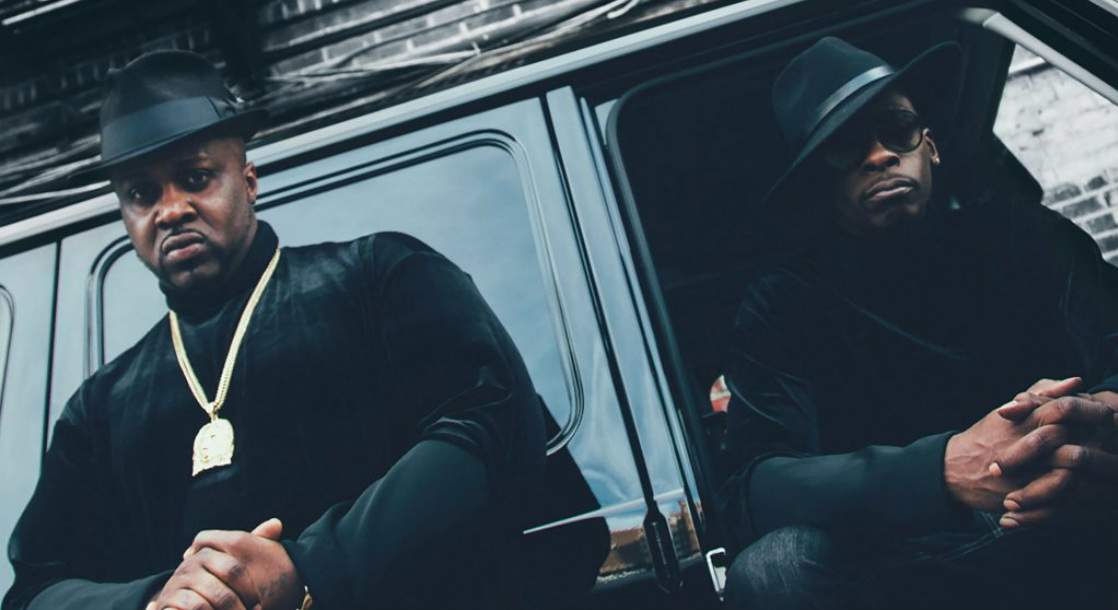Image via
An administrative court is challenging the DEA’s decision to ban five psychedelic compounds after extreme pushback from researchers and advocates.
Earlier this year, the Drug Enforcement Administration (DEA) published an article in the Federal Register detailing their plans to ban five new psychedelics: 4-OH-DiPT, 5-MeO-AMT, 5-MeO-MiPT, 5-MeO-DET, and DiPT. The feds are planning to add each of these compounds to Schedule I of the Controlled Substances Act, a category reserved for dangerous, addictive drugs that have no medicinal use.
To back up their decision, the DEA cited research from US Department of Health and Human Services (HHS) which suggested that “these substances are being abused for their hallucinogenic properties,” Marijuana Moment reports. Yet in all of these supposed cases of abuse, the feds were only able to identify a few cases where people had been hospitalized after taking two of these five compounds.
Officials did discover one person who died after consuming 5-MeO-AMT, but that person also had alcohol and antidepressants in their system at the time of their death. The DEA acknowledged that “it is unclear what role 5-MeO-AMT played in the death.”
The Federal Register notice gave the public a chance to submit feedback on their decision, and nearly 600 researchers, advocates, and members of the public chose to do so. And almost every single one of these comments criticized the DEA’s decision to ban these relatively unknown psychedelics. Several interested parties demanded that the feds schedule a legal hearing to debate the matter before moving ahead with their ban.
Last week, Administrative Law Judge Teresa Wallbaum agreed to schedule a hearing to discuss the validity of the ban. Based on the findings of the hearing, the Office of Administrative Law Judges can recommend that the DEA schedule these psychedelics in a less restrictive category or even reverse their plans to ban these drugs entirely. The DEA is not legally required to follow the judges’ recommendations, though.
But even if advocates fail in their attempt to overturn the ban, the fact that so many people are willing to step up and challenge the feds’ ongoing attempts to interfere with psychedelics research is heartening.
“The administrative process is capturing a lot of interest within the psychedelic space, and the narrative is going to continue,” Matt Zorn, an attorney representing a company that is protesting the DEA’s decision, told Marijuana Moment. “It’s a good sign when folks are interested in how our government works and how drug policy is conducted. I think that this will be a positive step forward for folks to understand how this process works.”
The DEA has a long history of interfering with research into the medicinal use of cannabis and psychedelics, but their stance has recently begun to shift. Over the past two years, the agency has massively increased the amount of legal MDMA, psilocybin, mescaline, LSD, and other psychedelics that it provides to clinical researchers. And after decades of forcing scientists to study low-quality, moldy ditch weed, the DEA has finally agreed to allow new institutions to start growing top-shelf research-grade cannabis.











